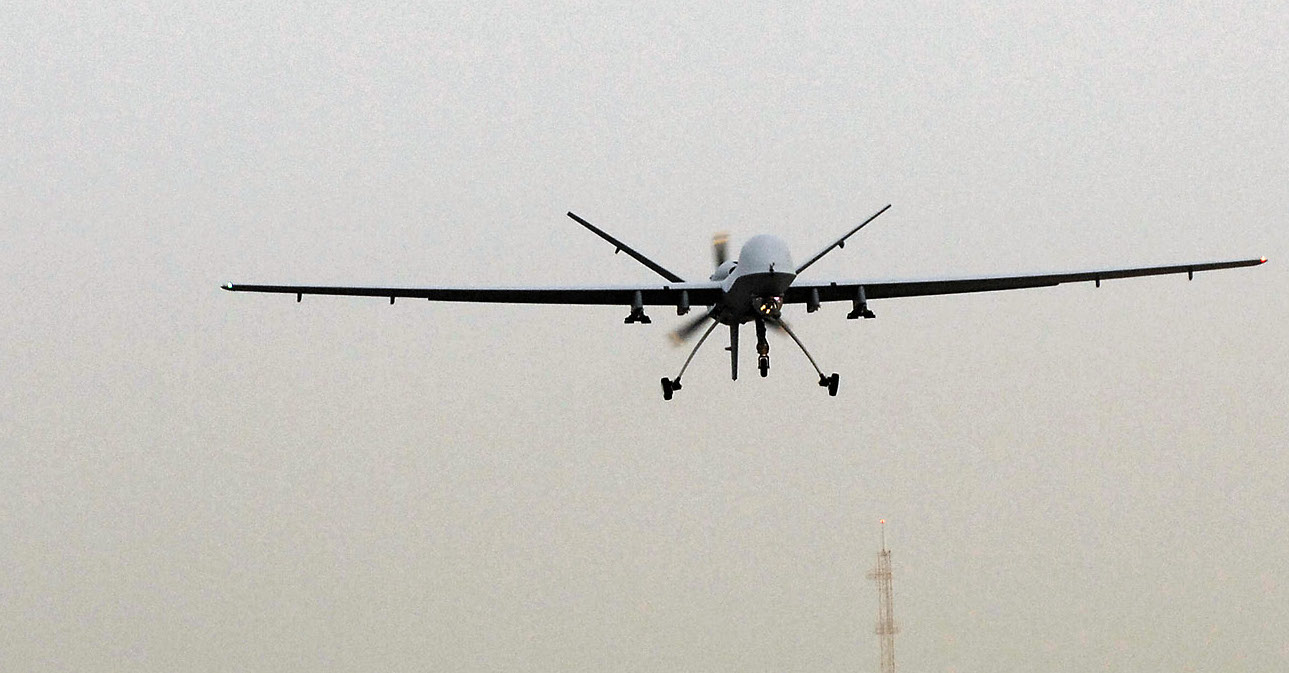
The Need for Unmanned Aircraft in Modern Warfare
As potent weapons as they have been in the years since the tragic events of Sept. 11, 2001, unmanned aircraft…
Copyright 2024 U.S. Naval Institute. All Rights Reserved.